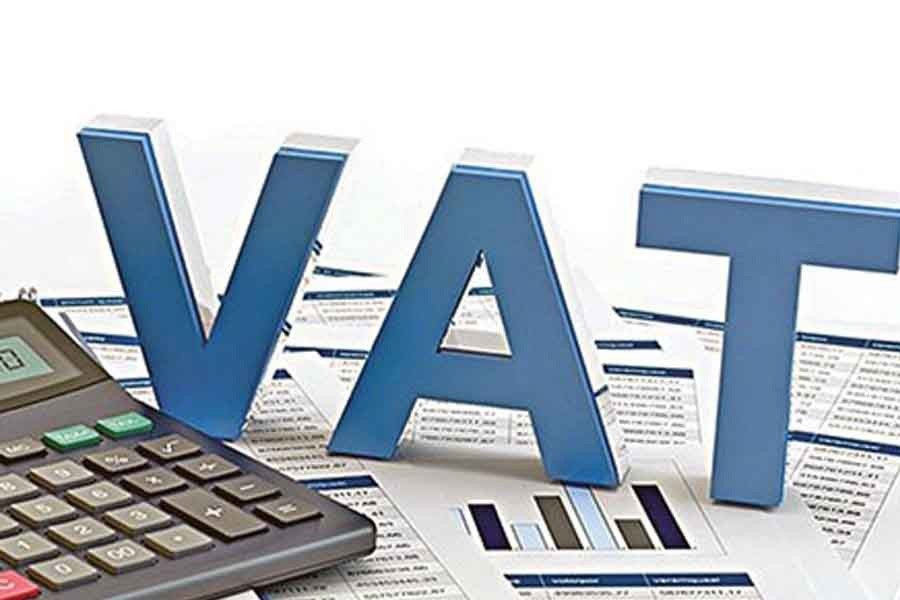Bangladesh Rubber Board requests withdrawal of 15-per cent VAT (value-added tax) on local rubber products to help the sector grapple with the problem of lower prices, sources say.
It also requests the authorities concerned to increase duty on rubber imports in a bid to protect local producers as the sector is now in a tight corner.
At different meetings earlier, the private-sector rubber producers demanded that the government withdraw VAT on rubber products.
In the meetings, private producers argued that the imposition of VAT is the main hindrance to the development of rubber cultivation.
Following repeated requests by producers, the board sought withdrawal of VAT on domestic rubber products and a rise in import duty to protect the sector.
It recently sent a letter to the National Board of Revenue requesting steps to this effect.
The rubber board also sent the letter to different state agencies, including the environment, forest and climate change ministry.
Rubber farmers are having a hard time due to lower market prices of their produce.
The price of the locally-produced rubber keeps plummeting and often shows a fluctuating trend, according to industry insiders.
As a result, the private-sector rubber producers incur losses financially, they say.
The volume of unsold rubber stands at 2,000 tonnes that is currently going to waste, according to the letter.
Local producers have to spend around 24-per cent taxes, including 15-per cent VAT and 5.0-per cent income tax.
On the other hand, some factory owners are importing synthetic rubber sheets only at 5.0-per cent duty.
For this, local producers have been losing interest in cultivating rubber, they say, adding that the local products are also losing competitiveness to the imported synthetic rubber items.
Vast tracts of the leased hilly land are becoming empty gradually and the possible risk of climate change is increasing, shrinking the environment-friendly rubber cultivation, according to a source.
"We're facing losses due to continuous fall in prices of local rubber. Besides, we're suffering more because of paying VAT," the source adds.
The industry insider suggests the government subsidise rubber producers for the survival of the sector.
He, however, says rubber plantation was established on an estimated 10-million acres of land across the country under public-private arrangements.
In 2010, rubber was priced at Tk 300-350 per kilogram but it has now plunged to around Tk 140.
Bangladesh started rubber cultivation in the 1980s, a private garden owner says.
It produces 17,000-20,000 tonnes of rubber annually.
Of the volume, 10,000-12,000 tonnes are produced privately. The country's annual demand for rubber is approximately 30,000 tonnes.


